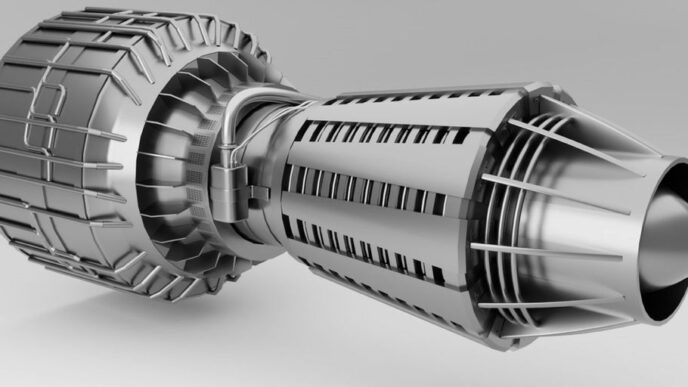In a bold move to revitalize the UK’s energy sector, Labour leader Keir Starmer has announced a comprehensive plan to expand nuclear power in the country. This initiative aims to streamline regulations, create thousands of jobs, and position the UK as a leader in clean energy production.
Key Takeaways
- The UK government plans to remove regulatory barriers to expedite the construction of new nuclear reactors.
- Small modular reactors (SMRs) will be included in national planning guidance, marking a significant shift in nuclear policy.
- The initiative is expected to create thousands of skilled jobs and enhance energy security.
- Environmentalists express concerns over the sustainability of nuclear energy compared to renewable sources.
The Need for Nuclear Power
The UK has not built a new nuclear power station since 1995, leading to concerns about energy security and reliance on foreign energy sources. Starmer emphasized that the country has been "let down and left behind" in the global energy race, particularly as other nations, like China, rapidly expand their nuclear capabilities.
Proposed Changes to Regulations
The government’s plan includes several key reforms:
- Elimination of Red Tape: The current planning rules that limit nuclear development to eight specific sites will be scrapped.
- No Expiry on Planning Rules: The expiry date on nuclear planning rules will be removed, allowing projects to proceed without time constraints.
- Creation of a Nuclear Regulatory Taskforce: This new body will focus on finding ways to expedite the construction of nuclear plants and will report directly to the Prime Minister.
These changes are designed to facilitate the construction of small modular reactors (SMRs), which are touted as safer, cheaper, and quicker to build than traditional nuclear plants.
Economic and Job Growth Potential
Starmer’s plan is not just about energy; it also aims to stimulate economic growth. The Labour leader stated that the nuclear expansion could create thousands of highly skilled jobs, contributing to the UK’s economic recovery post-pandemic. Energy Secretary Ed Miliband echoed this sentiment, highlighting the importance of nuclear power in achieving energy independence and security.
Environmental Concerns
Despite the potential benefits, the announcement has drawn criticism from environmental groups. Critics argue that while nuclear power does not emit carbon dioxide during operation, it poses significant risks and challenges, including waste management and the potential for catastrophic failures. Dr. Doug Parr from Greenpeace UK criticized the government for not adequately scrutinizing the nuclear industry’s claims.
Conclusion
Keir Starmer’s nuclear expansion plan represents a significant shift in the UK’s energy policy, aiming to balance economic growth with the need for sustainable energy solutions. As the government moves forward with these reforms, the debate over the role of nuclear power in the UK’s energy future is likely to intensify, with both supporters and critics voicing their opinions on this pivotal issue.














